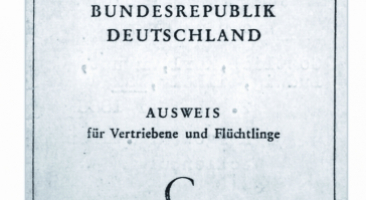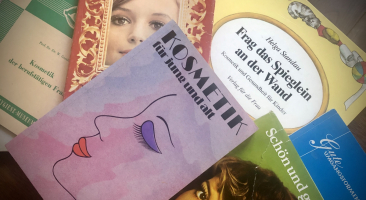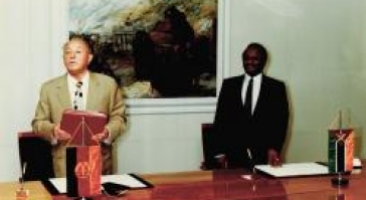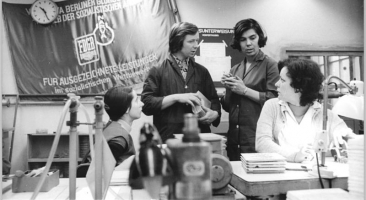Research project
The project aims, with the help of serial report sources, to reconstruct the informal formation of and shift in opinions and attitudes among the East German population. The basis of the study is provided by two source groups: on the one hand, mood and situation reports on ‘reactions of the public’ by the Ministry of State Security of the GDR from 1958 to 1989 as well as status reports by the West German Federal Intelligence Service (as far as they are available), and on the other hand the results of demoscopic and sociological research programmes of Infratest in Munich as well as various East German bodies (ZIJ, IfM attached to the Central Committee of the SED, Institute for Market Research, East German Radio Broadcasting, etc.).





